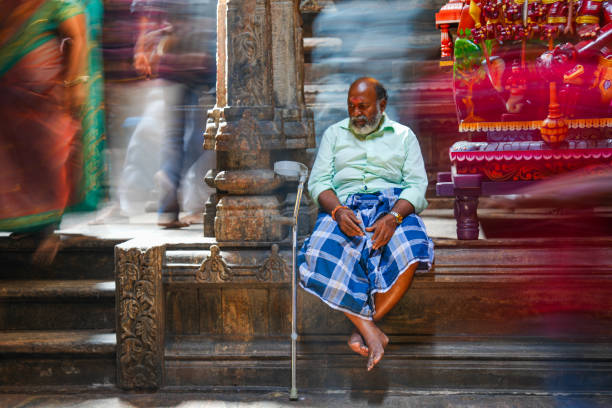In times of uncertainty, humanity often turns to rituals and folklore to process anxieties and find solace.
The Zozobra tradition in Santa Fe, New Mexico, is a striking example of this.
Every year, locals write down their fears and frustrations—medical bills, failed report cards, even parking tickets—and stuff them into a towering papier-mâché demon.
This “monster of gloom” is then set ablaze, symbolizing the burning away of collective worries.
It’s more than a festival; it’s a psychological release, a cathartic return to the symbolic roots of folklore.
Throughout history, folklore provided structure in chaotic times.
In Belgium, winter is banished with the burning of bonhomme hiver.
Venice has its eerie Festa di San Martino, where children celebrate by demanding sweets, cloaked in traditions that connect past and present.

Even modern-day “WitchTok” and an increasing number of neo-pagan practices reflect a growing desire to reconcile with the uncontrollable, whether it’s geopolitical turmoil or personal stress.
But why are these rituals surging now? Perhaps it’s because our modern world feels as irrational as the past it claims to have evolved from.
From political absurdities to the impending consequences of climate change, rational explanations don’t always provide comfort.
Instead, people gravitate toward folklore, magic, and superstition to regain a sense of agency.
Whether it’s through rituals, manifesting dreams, or lighting candles to dispel negativity, these practices offer a counterbalance to the helplessness of living in tumultuous times.
At its heart, folklore gives us a creative way to respond to existential dread.
While science and reason guide our understanding of the world, traditions like burning a Zozobra or howling at the moon connect us emotionally, offering a space to express fears and reclaim hope.
As the dark months bring Krampuses and witches, perhaps these age-old rituals remind us that confronting the unknown is something humanity has always done—sometimes with fire, sometimes with magic, and always with meaning.

